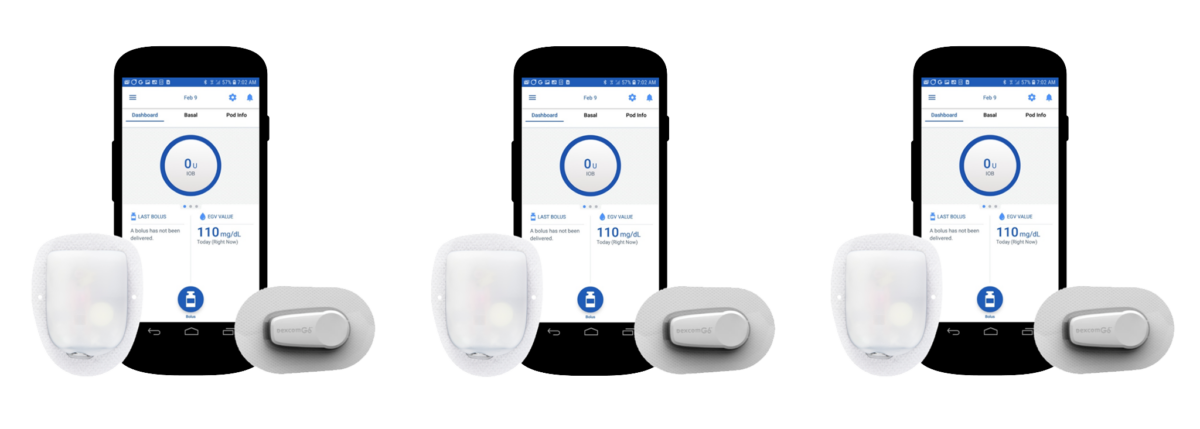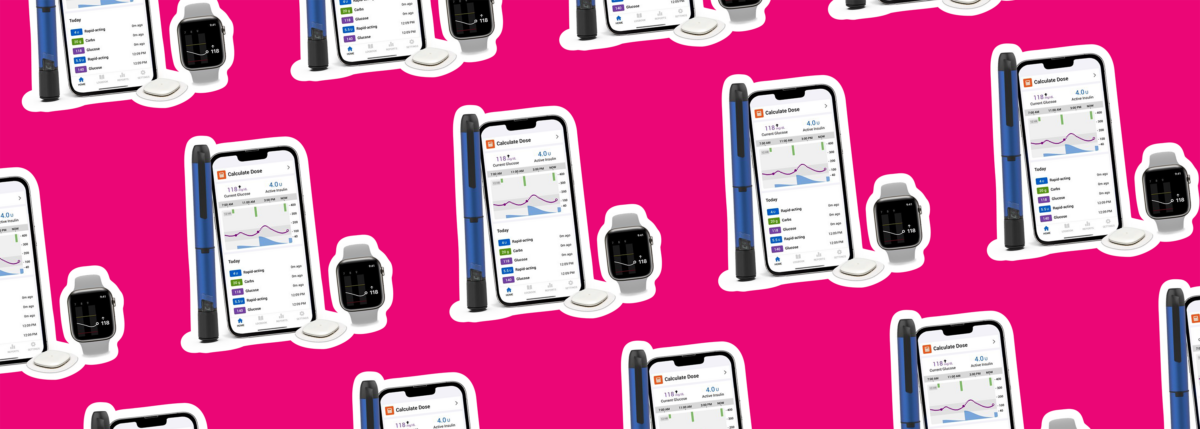ATTD 2021: Lessons About Diabetes During The COVID-19 Pandemic
Written by: Kayla Hui, MPH
3 minute read
June 7, 2021
ATTD 2021 took place from June 2-5. Dr. Irl Hirsch shares his lessons about diabetes during the COVID-19 pandemic.
Editor’s Note: ATTD is a technology conference that provides a platform for clinicians and scientists to present and discuss insights on diabetes technology and treatment. This article will be updated regularly with breaking news and announcements during the course of the ATTD Conference. Check back often! Follow along on Twitter at #ATTD2021
The 14th International Conference on Advanced Technologies and Treatments for Diabetes (ATTD 2021) is underway. On the conference’s virtual debut, June 2, researchers and scientists from the world’s leading universities, technology companies and diabetes organizations are presenting and discussing their work around treating patients with diabetes and lessons about diabetes during the pandemic.
The first plenary session included a presentation from Irl Hirsch, MD, professor of medicine at the University of Washington and board certified physician at the Endocrine and Diabetes Care Center at UWMC-Roosevelt, about the impact of the COVID-19 pandemic on diabetes.
“We know from the National Health Service in the UK, there were almost eleven thousand deaths initially linked to COVID-19, over four thousand of them with diabetes,” Hirsch says at the ATTD conference. According to the American Diabetes Association data, the odds of a COVID-19-related hospitalization and greater illness severity for patients with type 1 diabetes are three to four times higher than patients without diabetes.
He adds that what was most surprising was the higher mortality rate observed in people with type 1 diabetes when compared to type 2.
Editor’s Note: Beyond Type 1 previously covered some of the limitations with the NHS study. Click Here for a more in-depth review and visit coronavirusdiabetes.org to learn more about the intersection of diabetes and COVID-19.
Irl Hirsch also presented the following lessons about diabetes during the pandemic:
- Type 2 diabetes results in a two to three fold increase risk of mortality.
- Diabetes was associated with a 64 percent greater excess risk in women compared with men. In men, an HbA1c was not associated with a greater risk of COVID-19.
- Angiotensin-converting enzyme2 (ACE2) is an entry site for the virus into cells.
- Dipeptidyl peptidase-4 inhibitor (DPP4) has not received as much attention despite there being evidence that COVID-19 may also bind to DPP4. Understanding COVID-19’s binding patterns could lead to treatment, says Hirsch.
- Data about the impact of COVID-19 outcomes for those taking metformin is mixed and inconclusive.
- SGLT2 inhibitors have pros and cons. Pros include reduced inflammatory endpoints and myocardial oxygen consumption. Cons include concerns of diabetic ketoacidosis (DKA) associated with COVID-19 infection.
- Telemedicine has revolutionized health care throughout the pandemic by providing a more efficient way to have a visit and train patients on using pumps and other diabetes technology.
In regards to Telemedicine, Hirsch lists some potential challenges. Firstly, many people with diabetes are still using finger prick blood glucose monitoring, making it difficult to collect data. “Obtaining blood glucose data for many people with type 2 diabetes, still using fingerstick home blood glucose monitoring, we can’t get the data with an upload because the technology is not there,” Hirsch says.
Secondly, uploading electronic records has posed a challenge for clinical staff. “Getting all the data ready before the visit electronically has been a huge burden for our staff and our medical assistance and overall infrastructure,” explains Hirsch. “I think the jury is still out to see what the full impact of telemedicine is.”
Despite the challenges, in the era of COVID, Hirsh says that telemedicine will continue to be a vital tool now and onwards. “Telemedicine will continue to be important. This is becoming the standard of care, even for newly diagnosed type 1 diabetics,” Hirsch says.

Author
Kayla Hui, MPH
Kayla Hui is the health reporter for Beyond Type 1 covering diabetes, chronic illnesses and health inequities. She received her Masters in Public Health from the Boston University School of Public Health. Kayla won a Pulitzer Center fellowship and Slants Foundation award in 2020 for her project on the mental health of Chinese Immigrant truck drivers. Her published work can be found at Healthline, Verywell Health, Pulitzer Center and more. Outside of work, Kayla enjoys rock climbing, baking and buying plants she doesn’t need. You can follow Kayla on Twitter at @kaylanhui.
Related Resources

Already compatible with Dexcom’s G6 and G7 continuous glucose monitors (CGMs), the Omnipod 5 Automated...
Read more

The younger a person is diagnosed with type 2 diabetes, especially those with obesity, the...
Read more

The Oura Ring, which tracks things like sleep, heart rate, and activity, is joining forces...
Read more

